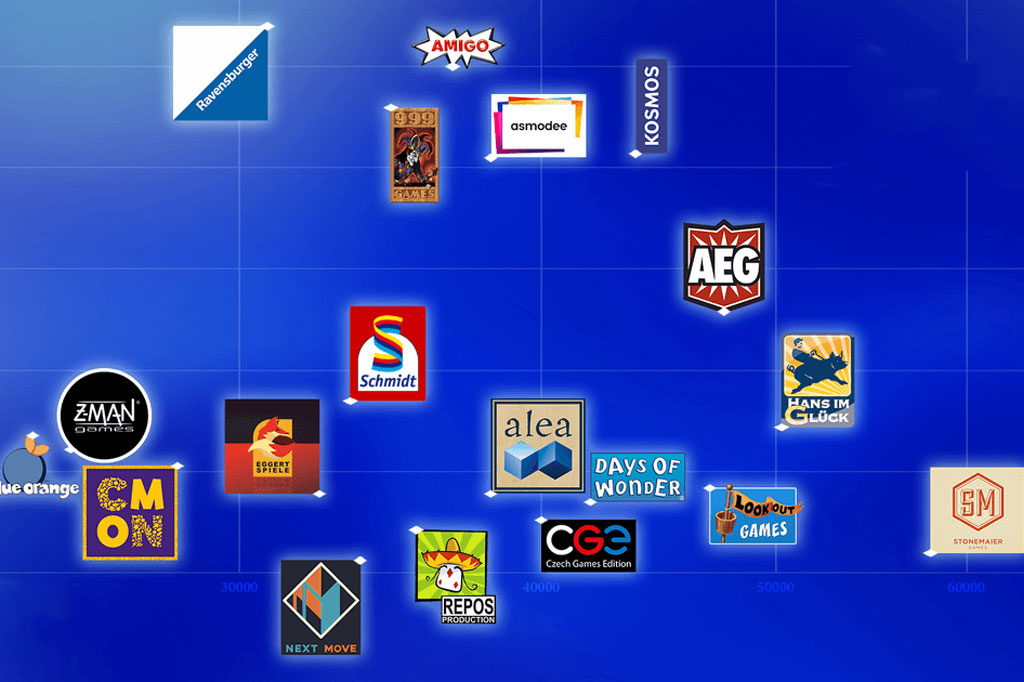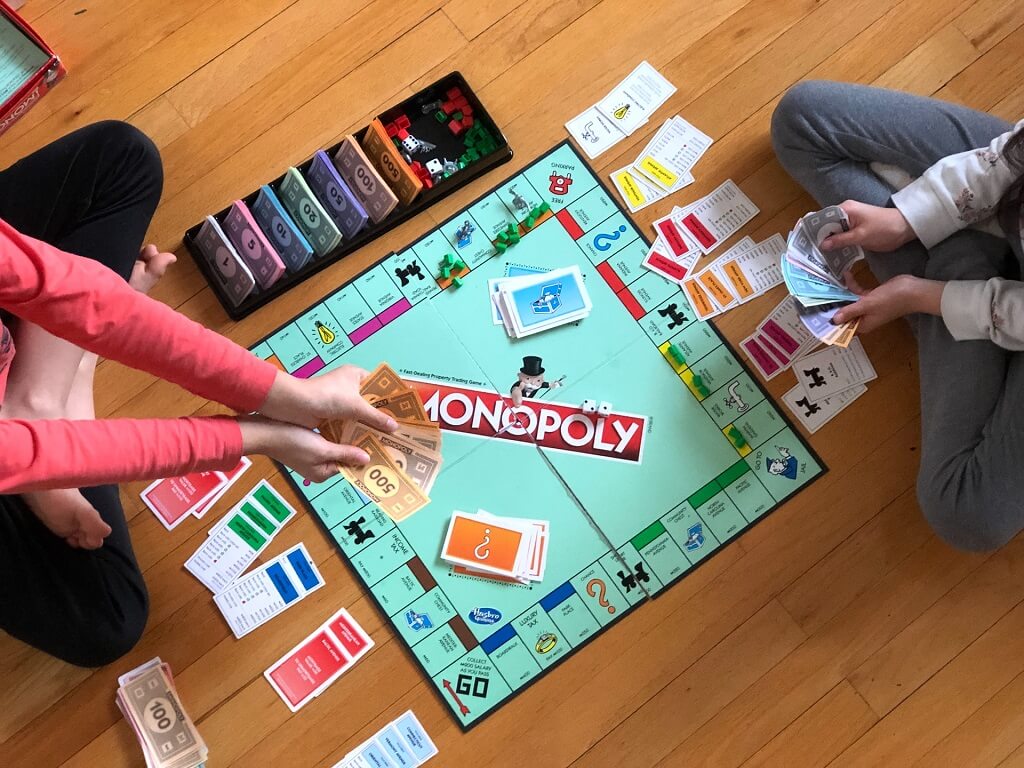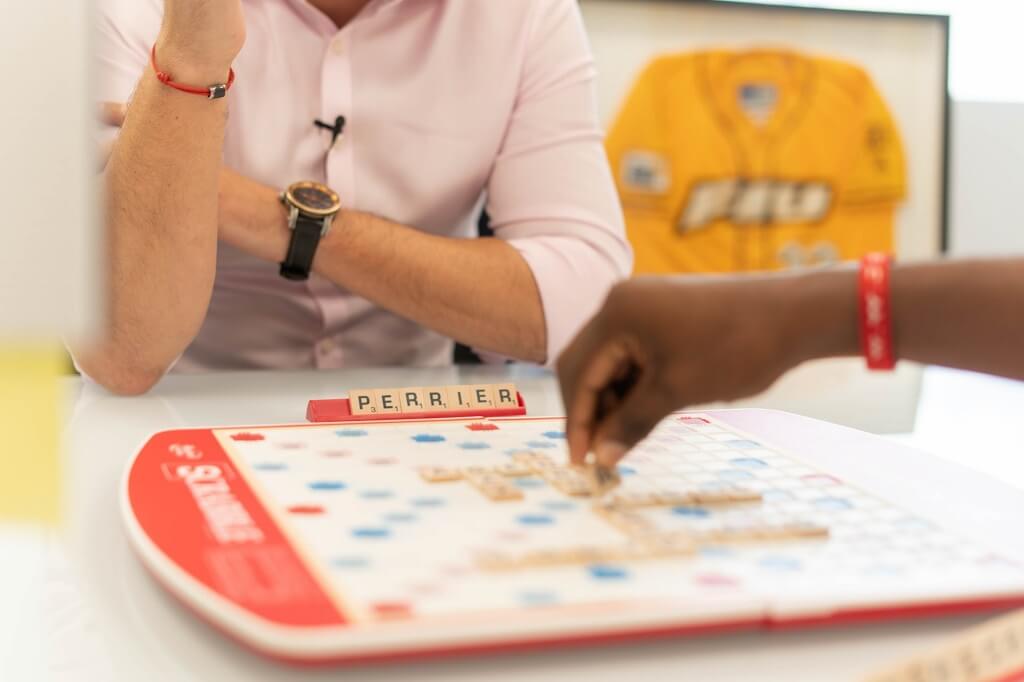Congratulations on reaching the exciting stage of game design where you’re ready to launch your creation into the world! Finding the ideal board game publisher is a vital milestone in expanding the reach of your game. While the journey may evoke a mix of excitement and apprehension, employing a strategic method can enhance the likelihood of securing the ideal publishing collaborator.
In this article, we’ll explore some essential steps to guide you through the journey of finding a correct board game publisher.
Table of Contents
Research the Board Game Market
Before diving into the search for a publisher, it’s essential to have a solid understanding of the board game market. Identify successful games that share similarities with yours and analyze the publishers behind them. Pay attention to the type of games each publisher specializes in and their distribution networks. Knowing the landscape will help you target publishers who align with your game’s genre and style.
Attend Board Game Conventions and Events
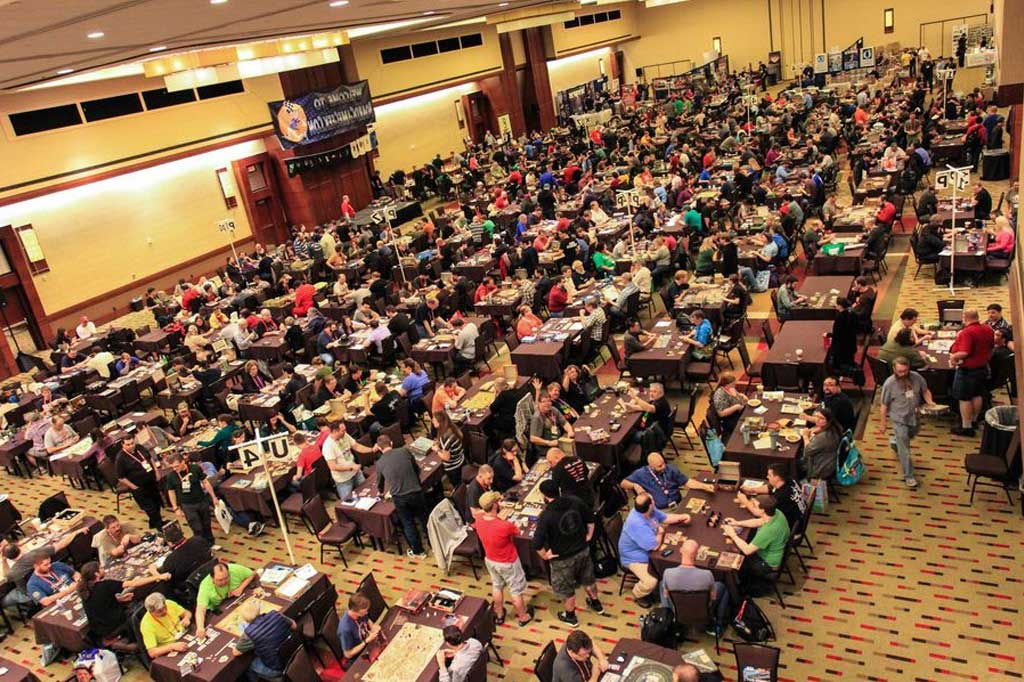
Board game conventions are fertile grounds for networking and showcasing your game to potential publishers. Attend events like Gen Con, Essen Spiel, or local gaming conventions where industry professionals gather. In-person encounters have the potential to create a lasting impact and increase your chances of finding a publisher interested in your project.
For more info about board game conventions, please check – Famous Board Game Conventions in The World (By Countries)
Utilize Online Platforms
Online platforms like BoardGameGeek, social media groups, and dedicated forums allow you to share details about your game and interact with publishers directly. Many publishers actively browse these platforms in search of fresh and innovative projects. Create engaging content, participate in discussions, and reach out to publishers who express interest in games similar to yours.
Build a Strong Online Presence
Establishing an online presence is crucial for gaining visibility in the board game industry. Create a website or a dedicated page for your game, showcasing its features, gameplay mechanics, and visual elements. Consistently update compelling content about your game design journey on your social media. Publishers often scour the internet for promising projects, so having a well-maintained online presence can attract their attention.
Craft a Pitch
When approaching potential publishers, your pitch serves as the initial impression. Create a captivating and succinct presentation that emphasizes the distinctive features that will make your game stand out. Clearly communicate the theme, mechanics, and target audience. Include images or videos that showcase the visual appeal and gameplay. A well-prepared pitch not only conveys your passion but also makes it easier for publishers to understand the potential of your game.
Prepare a Prototype
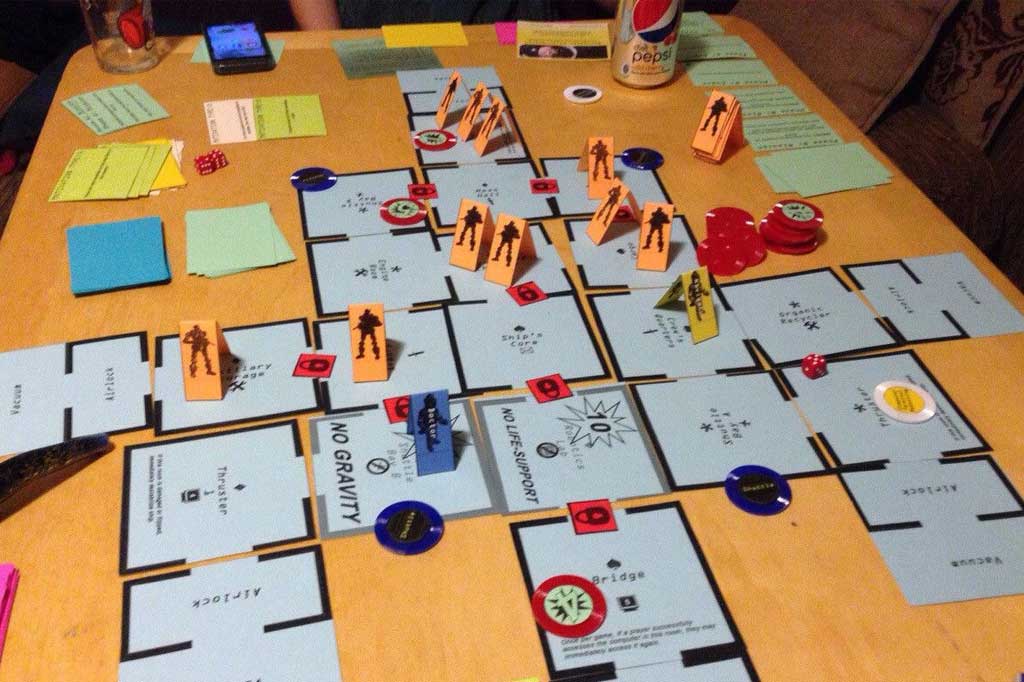
A visually appealing and well-designed prototype demonstrates your commitment to the project and makes it easier for publishers to envision the final product. Ensure that the components are well-crafted, the rules are clear, and the overall presentation is professional. A high-quality prototype increases your game’s perceived value and attractiveness to publishers.
For more information about making a prototype, please check – How To Make A Board Game Prototype (Step by Step)
Compile a Targeted List of Publishers
Rather than adopting a scattergun approach, analyze their notable games, and curate a list of publishers that align with your game style. Consider the size and reputation of each publisher, as well as their track record with games similar to yours. Prioritize publishers who have successfully launched games in your niche and have a distribution network that fits your goals.
A simplified comparison of famous game publishers
Publisher Name
Notable Games
Key Strengths
Global Presence
Asmodee
Ticket to Ride, Catan, Carcassonne
Diverse portfolio, strong distribution network, strategic acquisitions
Global
Hasbro
Monopoly, Scrabble, Risk, Settlers of Catan
Iconic brands, extensive licensing, broad market reach
Global
Ravensburger
The Settlers of Catan, Carcassonne, Disney Villainous
Long-standing reputation, family-friendly games, quality production
Global
Fantasy Flight Games
Star Wars: X-Wing, Arkham Horror LCG, Twilight Imperium
Strong thematic games, immersive storytelling, association with popular IPs
Global
Days of Wonder
Ticket to Ride, Memoir '44, Small World
Focus on high-quality, easy-to-learn games, international success
Global
Z-Man Games
Pandemic, Carcassonne, Terra Mystica
Acclaimed for innovative designs, diverse game library
Global
GMT Games
Twilight Struggle, COIN series, Commands & Colors series
Specialization in wargames, historical depth, dedicated fan base
Global
Stonemaier Games
Scythe, Viticulture, Wingspan
Crowdfunding success, strong community engagement, focus on quality
Global
CMON Limited
Zombicide, Blood Rage, Rising Sun
Miniature-centric games, Kickstarter success, visually striking components
Global
Rio Grande Games
Dominion, Puerto Rico, Race for the Galaxy
Pioneers in Euro-style games, long-lasting success, strategic depth
Global
Submit Queries and Prototypes
Once you’ve compiled your list of targeted publishers, submit queries and prototypes to initiate the conversation. Tailor your submissions to each publisher, addressing why your game aligns with their portfolio. Include key information, such as gameplay mechanics, target audience, and unique features. Be respectful of submission guidelines, as publishers often have specific requirements for reviewing game proposals.
Be Open to Feedback
Be open to suggestions and critiques from publishers who take the time to review your game. Use this feedback to improve your game, demonstrating your commitment to its success. Publishers appreciate designers who are receptive to input and willing to collaborate on making the game the best it can be.
Negotiate Terms and Agreements
If a publisher expresses interest in your game, be prepared to negotiate terms and agreements. Comprehend the stipulations outlined in the contract, encompassing royalties, distribution rights, and any potential creative control you wish to maintain. Consider seeking legal counsel, if necessary, to guarantee the fairness and favorability of the terms for both parties involved. A clear and mutually beneficial agreement establishes the foundation for a prosperous partnership.
Conclusion
With thorough research, strategic networking, a well-prepared approach, and continuous improvement based on feedback, you can increase your chances of attracting the attention of a reputable publisher.
The right publisher awaits, ready to showcase your game to a broader audience.
Best of luck on your journey in board game design and publishing!

